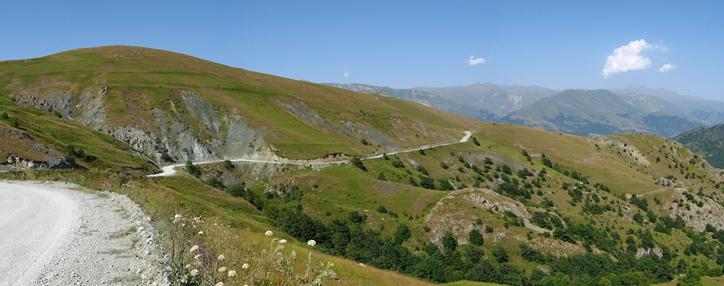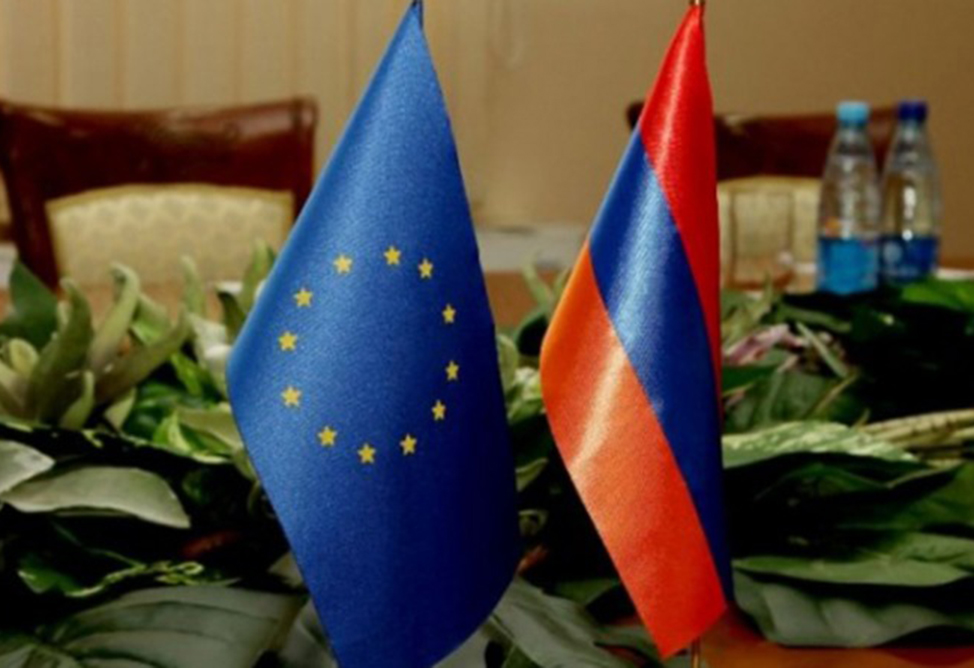Border incidents to be not so frequent - Armenian president
11.08.2014,
17:00
YEREVAN, August 11. /ARKA/. Armenian President Serzh Sargsyan is convinced that intensiveness of incidents on border with Azerbaijan will subside.
In an interview with ArmNews, he said he doesn’t think that incidents will be frequent, since “the recent developments showed that Armenia’s troops keep things under their control and all the attempts undertaken by the Azerbaijani side have been foiled – somewhere immediately and harshly and somewhere with some death toll”.

YEREVAN, August 11. /ARKA/. Armenian President Serzh Sargsyan is convinced that intensiveness of incidents on border with Azerbaijan will subside.
In an interview with ArmNews, he said he doesn’t think that incidents will be frequent, since “the recent developments showed that Armenia’s troops keep things under their control and all the attempts undertaken by the Azerbaijani side have been foiled – somewhere immediately and harshly and somewhere with some death toll”.
In late July and early August, raids from the Azerbaijani side became frequent. As a result, 25 Azerbaijani and six Nagorno-Karabakh servicemen have been killed.
Sargsyan said that these incidents were discussed yesterday in Sochi at his meeting with Russian and Azerbaijani counterparts.
“However, no any separate agreement [on prevention of incidents] has been reached, since it goes without saying,” he said. “I don’t think there is any necessity to speck about a new agreement, since there is no difference whether the agreement was signed now or earlier, especially given that such agreements were sealed in 1994 and 1995, and the sides ought to respect them. If new circumstances appear, a new agreement can be signed on an absolute nonuse of weapons.”
Sargsyan stressed that such a document’s level will be far higher than that of a ceasefire agreement.
He pointed out that Armenia and the mediators are always raising such issues, but no positive reaction comes from the Azerbaijani side.
In his opinion, formation of international investigation mechanisms is the most effective means for preventing border incidents.
“If we form such a mechanism, this will be a strong impetus for preventing incidents, since such mechanisms imply identification of wrongdoers and provision of information to the international community, and we should go in this direction,” the Armenian president said in his interview.
Karabakh conflict broke out in 1988 when Karabakh, mainly populated by Armenians, declared its independence from Azerbaijan.
On December 10, 1991, a few days after the collapse of the Soviet Union, a referendum took place in Nagorno-Karabakh, and the majority of the population (99.89%) voted for secession from Azerbaijan.
Afterwards, large-scale military operations began. As a result, Azerbaijan lost control over Nagorno-Karabakh and the seven regions adjacent to it.
Some 30,000 people were killed in this war and about one million people fled their homes. On May 12, 1994, the Bishkek cease-fire agreement put an end to the military operations.
Since 1992, talks brokered by OSCE Minsk Group are being held over peaceful settlement of the conflict. The group is co-chaired by USA, Russia and France. -0---



